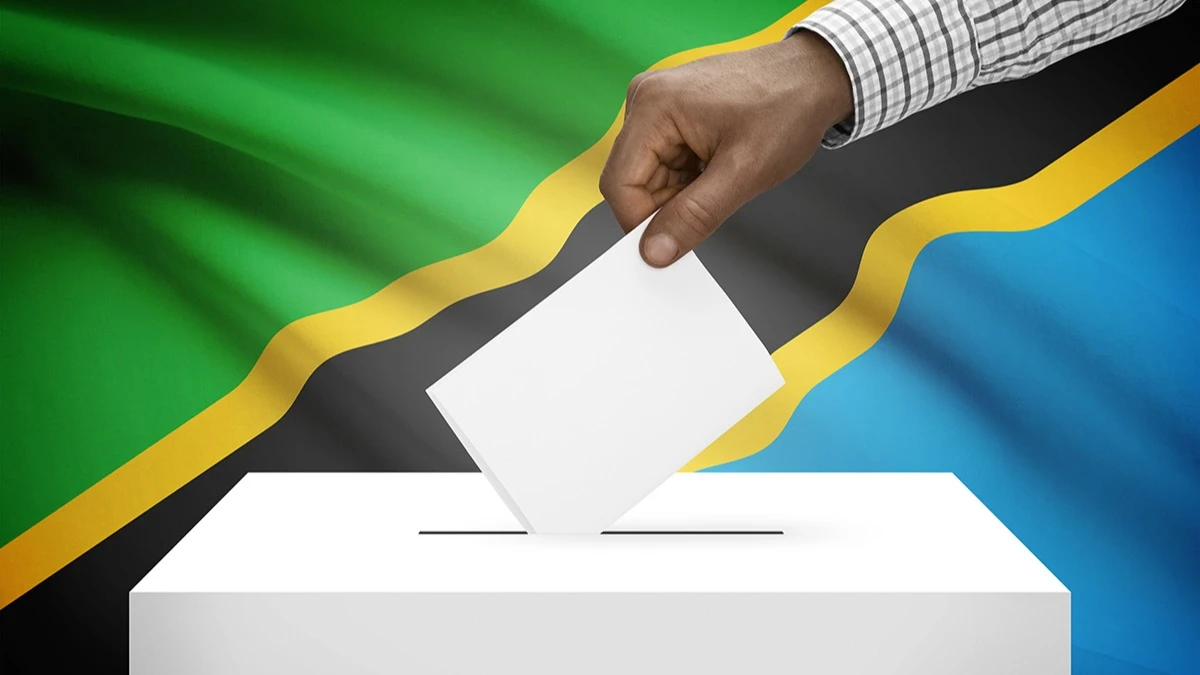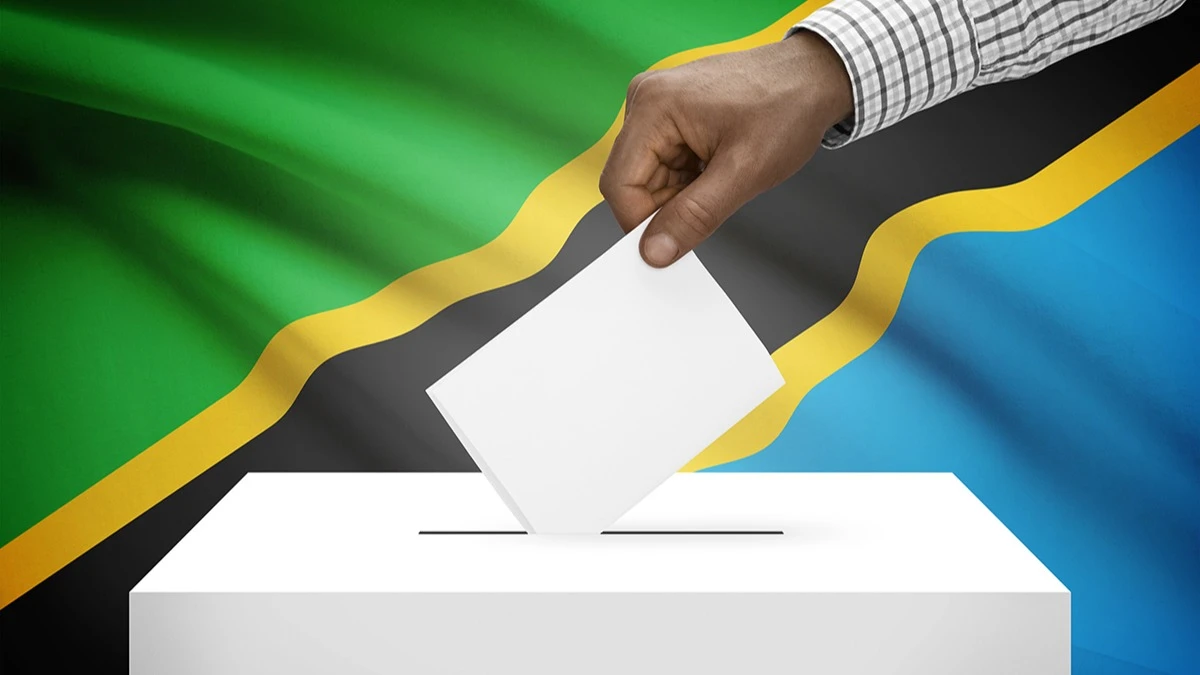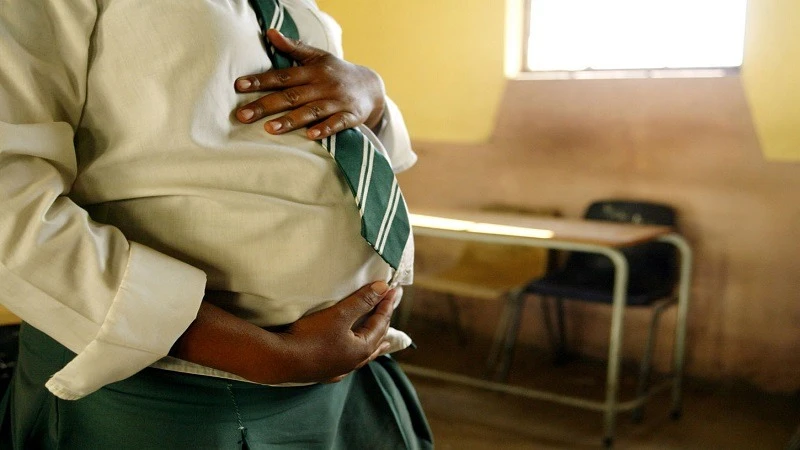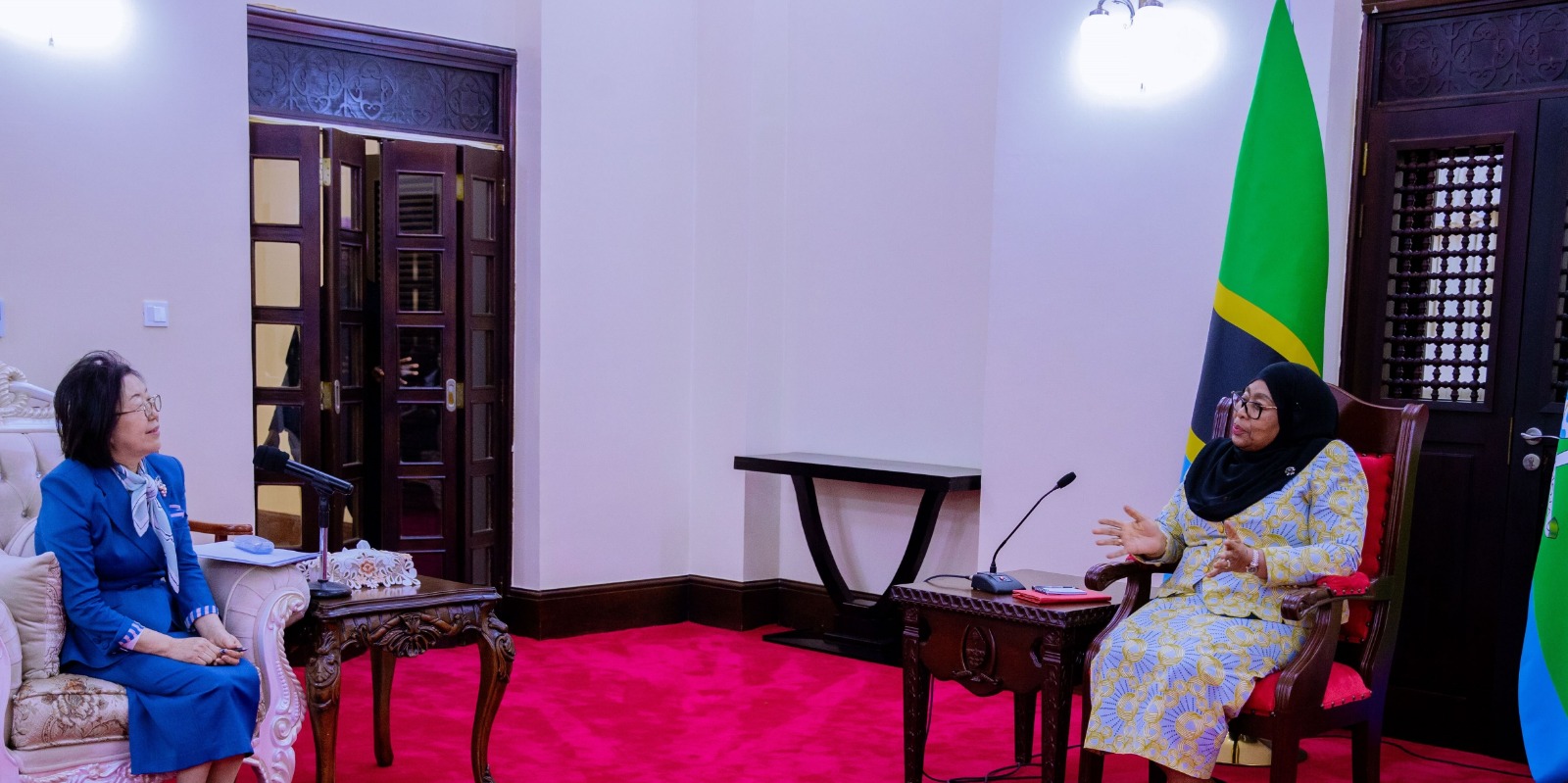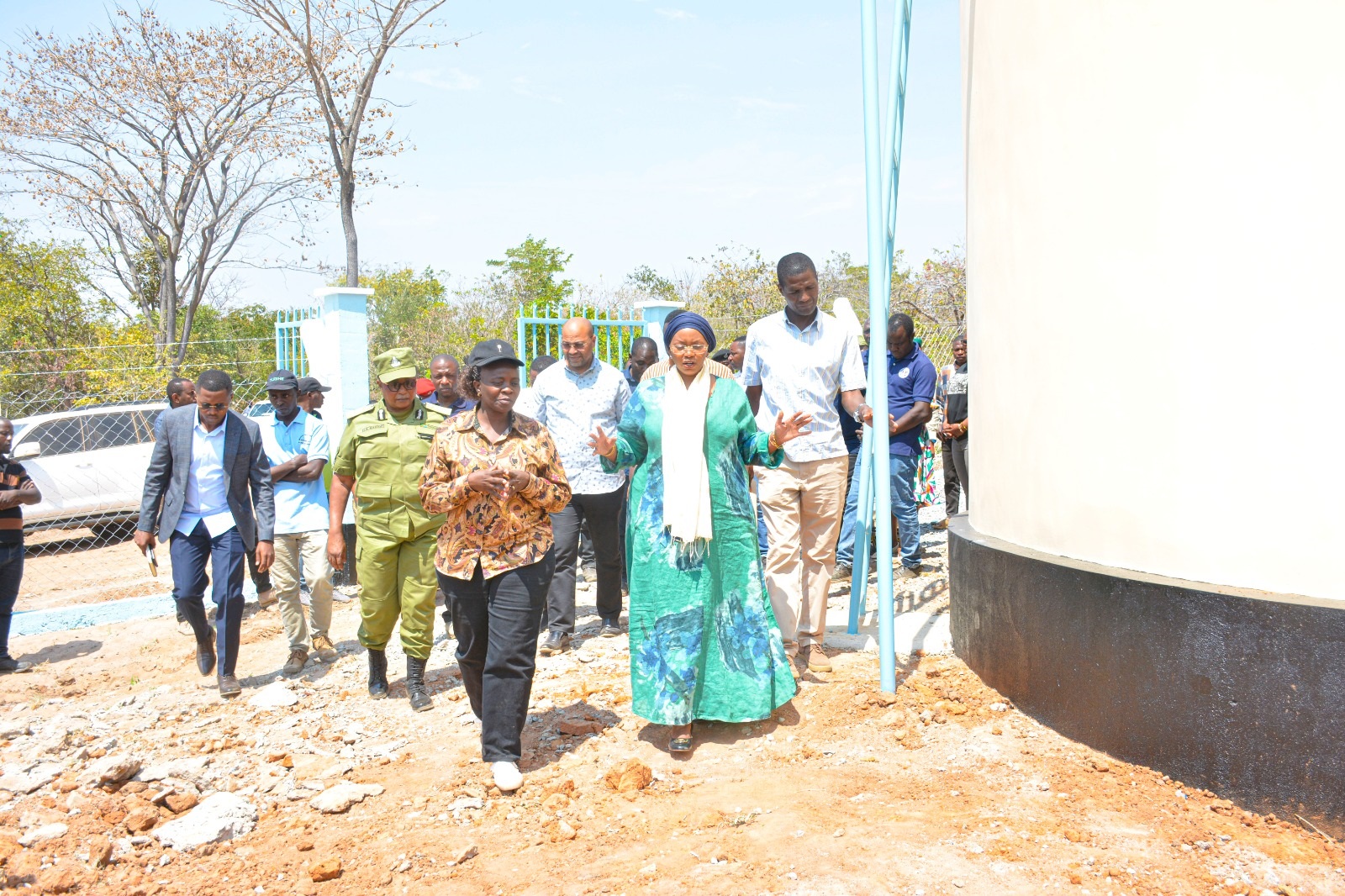MCT at 30:A legacy of defending press freedom and the struggle for media laws
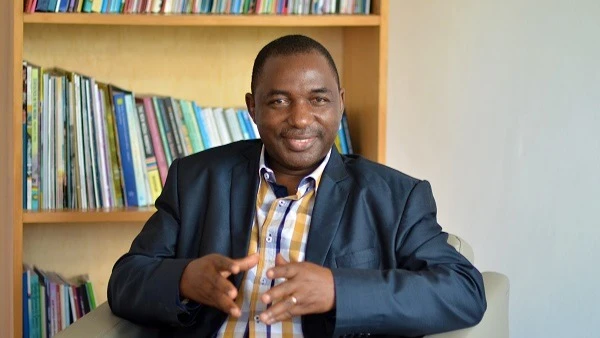
THE Media Council of Tanzania (MCT) is marking 30 years since its establishment on June 30, 1995. The Council was founded by independent media stakeholders during a conference of journalists and media players as an independent, voluntary and non-judicial body to resolve conflicts arising from news and information published by media outlets, and to uphold media ethics.
Media stakeholders decided to establish this body with the aim of resolving their own disputes without relying on legal bodies such as courts. MCT officially began operations in 1997 after being registered under the Societies Ordinance of 1954.
Besides conflict resolution and training in various media fields, MCT has heavily invested efforts in improving media-related laws, a task carried out under the voluntary coalition known as CoRI (Coalition on the Right to Information). Members include MCT itself, Tanganyika Law Society (TLS), MISA-Tanzania (Media Institute of Southern Africa), TAMWA (Tanzania Media Women Association), TEF (Tanzania Editors Forum), Legal and Human Rights Centre, Tanzania Editors Forum (TEF), Tanganyika Law Society (TLS) and other civil society organizations.
Since 2006, MCT and CoRI have been engaged in the media law reform process. Their first major action was opposing the 1993 Media Profession Regulation Bill, which was drafted in English and seen as restrictive to press freedom.
By 2006, several meetings were held led by MISA-Tan, TAMWA, and MCT, and a nationwide stakeholder consultation meeting to collect various opinion with regards to the access to information and Media Services law. These meeting were carried out all over the country and coordinated by MCT who was secretariat to the CoRI.
There was also debate on whether to have one law or two one for Access to Information (for all citizens), another for Media Services (focused on media professionals).
In 2007 and 2008, MCT and its partners published alternative draft bills based on collected public opinions, one for each proposed law. These Alternative Bills were drafted by Dr Sengondo Mvungi, Lawyer Mohammed Tibanyendera, Dr Damas Ndumbaro (currently Minister for Constitution and Legal Affairs), and their teams. The drafts were officially submitted to the government.
To help lawmakers understand better, in 2012, CoRI and MCT organized a study tour for 8 Members of Parliament (MP )to India — a third-world country with progressive media laws. The aim was to influence the legislative process back home. MPs who attended by then were Juma Mkamia, Husesin Mzee, Assumpter Mshama, Rebecca Mngodo, Jussa Ismail Ladhu, Ali Mzee, Ramadhani Saleh and Moza Abeid Saidy.
Despite efforts lasted for almost ten years of the struggle to have good media laws plus the efforts to draft the alternatives Bills in the year 2016 Media Services Act (MSA) was at last enacted but only 12 out of 62 stakeholder recommendations were adopted many of which were minor. Key concerns in the stakeholder’s recommendation like ministerial powers to ban media houses without fair hearing were ignored.
The power of the police force to confiscate media equipment with only what is stated as disclosed security information, criminalizing defamation related stories and sedition related provisions.
After the enactment of MSA, media stakeholders were not happy with some of the provisions most of which were undreaming the freedom of expression and media in general decided to file cases to challenge the MSA provisions. One of the case was filed in the Mwanza High Court registry to challenge the provisions of MSA which include powers of Minister to bun newspapers among others where Union of Tanzania Press Club (UTPC) and Hali Halisi Publishers limited.
The other case were filled in the East Africa Court of Justice (EACJ) by MCT,LHRC and THRDC of which the court declared that the 16 provisions out of 18 tabled by applicants under MSA were against the treat established the East Africa Union and ordered the government to review them.
After the long press from the stakeholder in 2023, the government tabled The Written Laws (Miscellaneous Amendments) Act, 2023, proposing changes to various laws, including the MSA. The government come out with proposal for amendment but most of them were in the reduction of years set for prisons
MCT and CoRI submitted around 25 new proposals covering: The minister’s powers to ban newspapers without due process, Annual registration of newspapers, Criminal defamation and sedition clauses, Police powers to seize media equipment, Harsh, unlimited penalties
The June 2023 amendments only addressed 9 clauses of provisions, including: Removing the Director of Information's Services power to control advertisements, Decriminalizing defamation (turning it into a civil matter), Reducing sentence length, limiting judicial powers to seize printing equipment. CORI recommendation were ignored again and especially those were sensitive in the areas seditions and powers of police force etc
The 30-year journey continues, especially with unresolved issues in the Media Services Act, the core of media professionalism. According to stakeholders, about 12 sections still raise serious concerns over press freedom, such as section 7(2)(b)(iv), which forces private media to publish public interested stories with the instruction from the government. To media stakeholders these instructions undermine the editorial independence and should be rejected by all means under the law.
CoRI through MCT are still pushing for change, urging the National Assembly and the government to address the outstanding issues, especially after the 2025 General Election, in the hope of achieving better, fairer media laws in Tanzania.
Top Headlines
© 2025 IPPMEDIA.COM. ALL RIGHTS RESERVED












